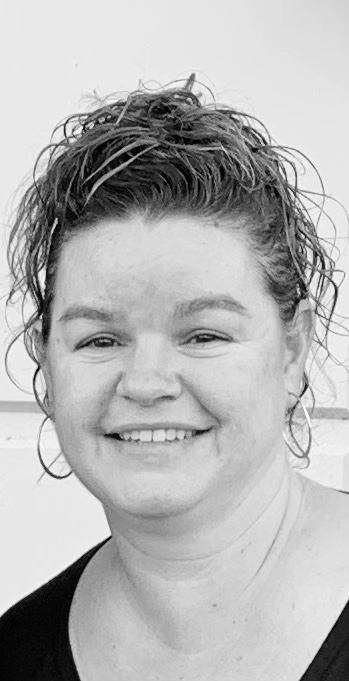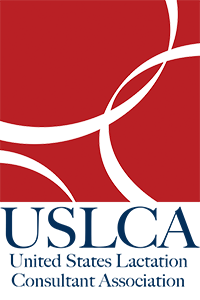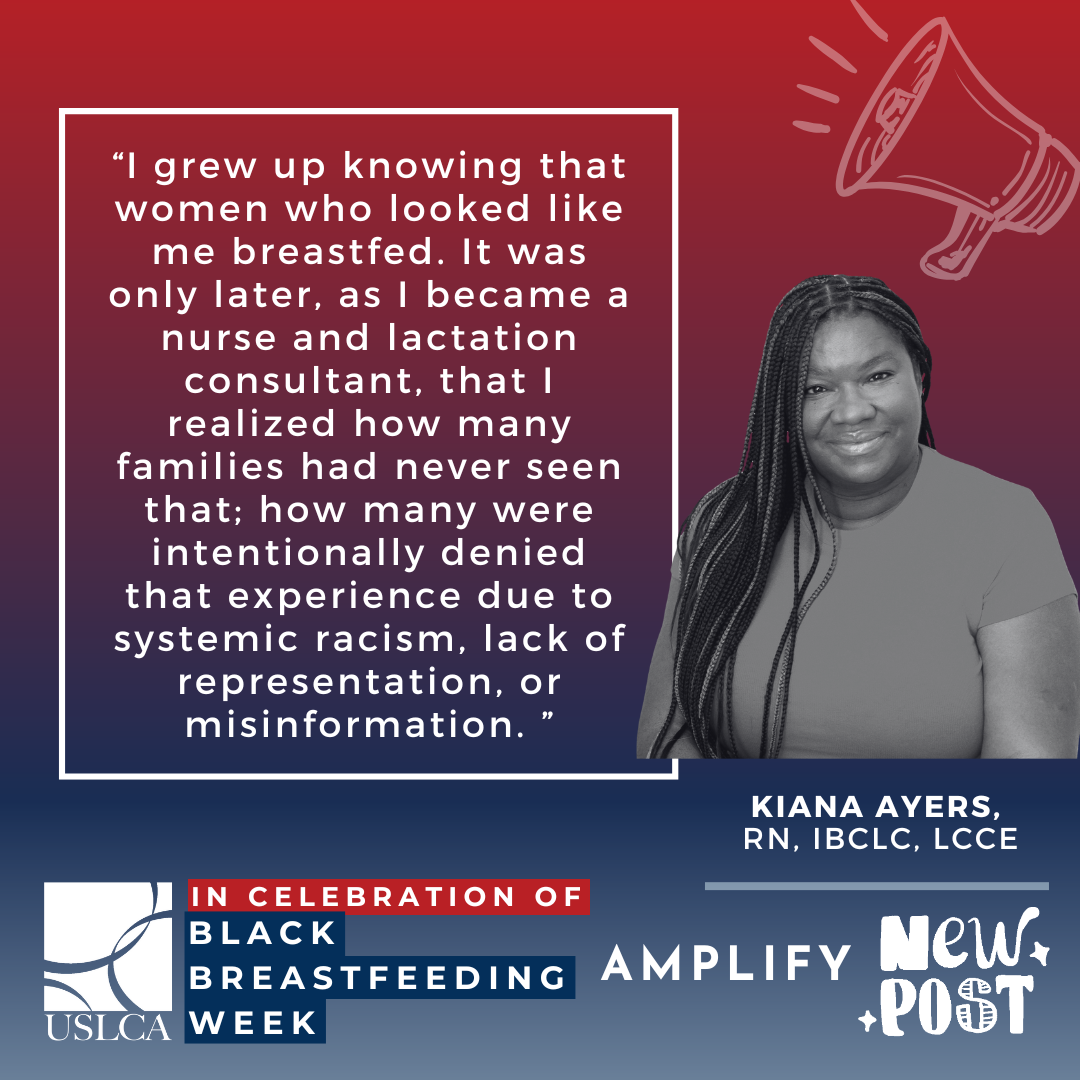By Christine Staricka, BS, IBCLC, RLC, CE, FILCA
 I see you. I know how hard you are working right now. The U.S. formula shortage/crisis/availability problem is rivaling the early pandemic days for the “most intense timeframe for lactation care providers” award.
I see you. I know how hard you are working right now. The U.S. formula shortage/crisis/availability problem is rivaling the early pandemic days for the “most intense timeframe for lactation care providers” award.
It’s our moment. I wish it was not happening, but it is here and it is the time to make the changes so long awaited in our profession. Demonstrate our worth. Make our work a known and recognized art form. Show people what we can accomplish thanks to our training and skillset.
Families are fighting against ridiculous odds to feed their babies, and who is actually helping them? We are. We are a relatively small and mighty force, and we are out here helping families breastfeed longer, make more milk, learn how to feed with bottles, cups, and other devices, safely prepare infant formula, find infant formula supplies in stores and online and wherever, find donor milk, safely store milk to donate, share milk with other people, donate to milk banks, teach other health care workers how lactation works – you get it.
We’re doing all of these things, and yet the media “story” of this moment has already pretty much faded. The media bought the lie that the government and the formula manufacturers have “solved” the problem of formula availability in 2022, and they stopped talking about it.
But parents are still in need. We have always been here for them, and we will always be here. No one actually solved the problem of formula availability, and the anxiety about finding formula has opened up a deep fissure for parents trying to make feeding decisions in this context.
People who actually wanted or needed to wean just keep going because they cannot rely on the availability of infant formula. People who found they could not breastfeed agonize over the fact that they have to try to find formula. People wind themselves in knots over whether or not they feel comfortable feeding their babies milk that someone else made or having their baby feed directly from someone else’s body.
These issues were all preventable. We knew it then, and we know it now. They are not solved. Infant formula marketing, lack of medical provider knowledge about human lactation, a lack of cultural awareness about how breastfeeding is part of human existence, a constant social media refrain about how painful or traumatizing breastfeeding is and how judgmental lactation care providers are – these things have systematically built-up fear in new parents during a time when they are most vulnerable to its effects. Who can make a fulfilling decision when they are already filled up with fear and anxiety?
That’s why this is our time to realize the vision of creating awareness and acceptance for what we do as a vital part of the health care team. Once lactation support was seen as “nice to have,” and now we must keep people’s eyes open to the fact that lactation support is a “need to have.”
We’ve been trying for decades to help people understand what we do and why – this is our moment. For so many families, we can be the solution. *We need to collectively communicate things like:
- How lactation consults help
- How lactation care providers are trained and their responsibilities to know how ALL infant feeding modes and types work and complement one another
- How lactation care providers are not trained to promote an agenda against the wishes of their client
- How lactation consults impact infant feeding goals and outcomes
- What to expect from a lactation consult
- Why/when to request a consult
- Why one might need different help at different times, like early days in the hospital vs after discharge, relactation after a gap, milk production dips and swells, etc.
- Understanding the difference and key interplay between peer support and professional help
- The importance of getting individualized lactation care rather than general information found online
- The how-to’s of chest/breastfeeding, pumping, bottle feeding, using lactation tools & products properly, milk sharing, milk donation – all the ways and all the things
- Formula knowledge – safety, volumes, realistic expectations, avoiding overfeeding, combining with expressed human milk feeding and with occasional or primary feeding from the body
- Optimizing milk expression and pumping for comfort, yield, time commitment, etc.
- How a peer or professional lactation consult can help to re-frame one’s individual situation with facts and science to support their mental health
- Minimizing the need for formula – such as reminding people to use stored milk before formula, to discontinue formula after 12 months
- Minimizing complications of hyperlactation – inflammation, mastitis, etc.
- Starting solids and complementary foods in a developmentally appropriate way which does not interfere with breastfeeding
- Collaborating with physicians and medical providers to increase knowledge and improve lactation management when medical care is involved
We can approach these things with the nuance required. It is unfortunately true that some lactation scenarios are extremely challenging or traumatizing, but that does not justify telling all people that lactation and breastfeeding are challenging and traumatizing without context. Likewise, insinuating that all lactation care providers are similarly bent toward “breastfeeding no matter what” is inaccurate and disrespectful. We can say complicated and nuanced things clearly, and we can recognize and respect people’s own stories and histories without minimizing others, and we can help the public understand our most important message: breastfeeding is important, and help is available and valuable.
*Please do copy and paste these messages! Expand on them, make them your own. Use them as a template to lift your own voice and share what you know and what you believe will help people. Turn them into a social media movement so that we can amplify them.
Bio
Christine Staricka is a Registered, International Board-Certified Lactation Consultant and trained childbirth educator. As the host of The Lactation Training Lab Podcast, her current role focuses on training and coaching current and aspiring lactation care providers.Christine created and developed The First 100 Hours© concept, an early lactation framework designed to support lactation care providers with the knowledge and mindset they need to help families optimize early lactation.
Christine worked as a hospital-based IBCLC for 10 years and has over 21 years experience providing clinical lactation care and support. She provides clinical lactation care to families at Baby Café Bakersfield and serves as its Director.
Christine recently completed 6 years of service on the Board of the United States Lactation Consultant Association (USLCA.) She holds a Bachelor’s Degree from the University of Phoenix. She has been married for 28 years, lives in California, and is the proud mother of 3 amazing daughters
<– Return to Amplify



